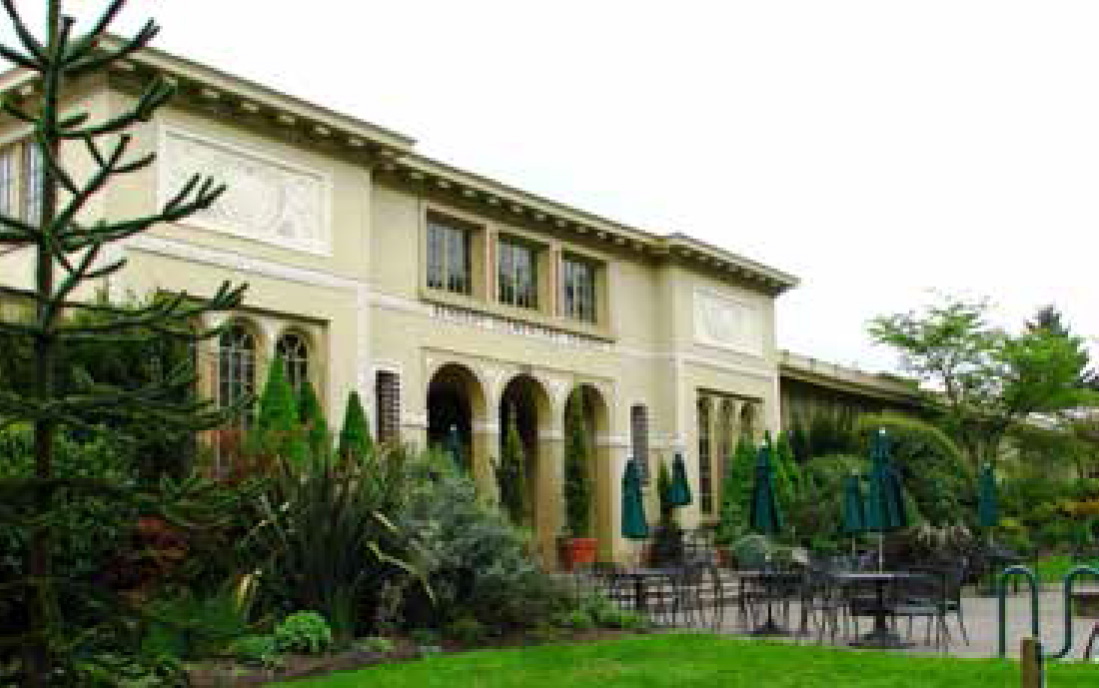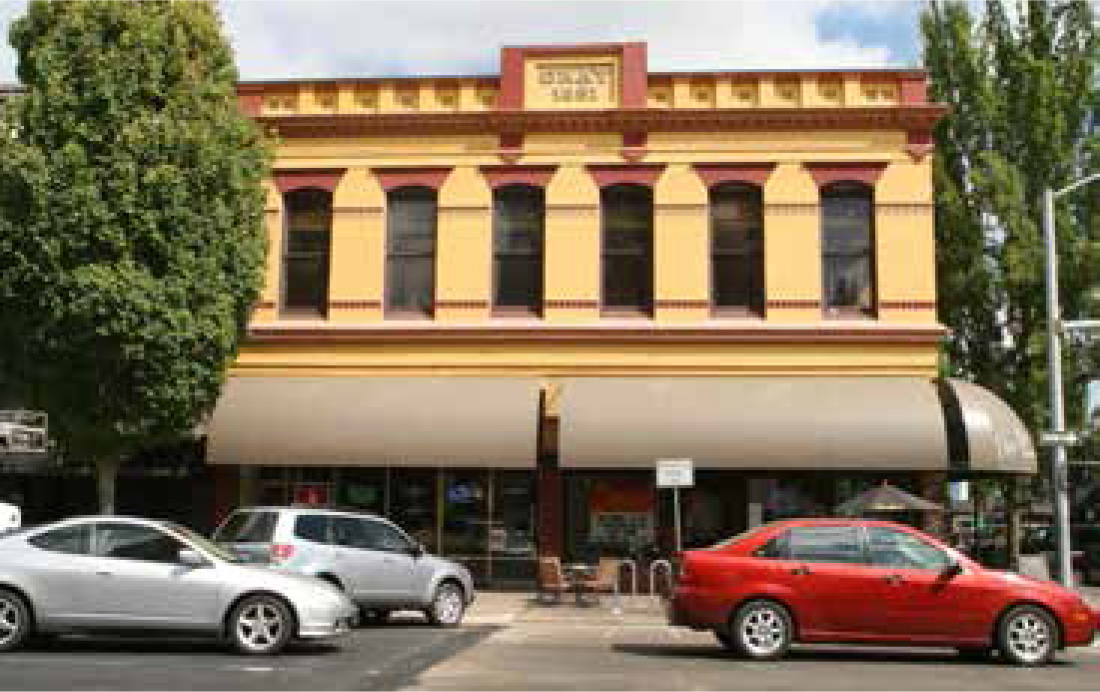Few things are more critical in real estate than the speed of getting a project to market. Timing can make the difference between success and failure. For historic tax credit (HTC) projects, the time when the application is under review is vexing. Program standards call for two sequential 30-day review periods: one at the State […]
Giving Back: An Update
As anyone who has undertaken the historic tax credit (HTC) certification process can attest, getting a property listed on the National Register of Historic Places can be a difficult hurdle to clear. Designation on the National Register is the gateway for eligibility to use the HTC, which means that each potential tax credit project must […]
The Non-Historic Rehabilitation Tax Credit” An Important but Overlooked Incentive
One of the lesser known rehabilitation tax credits is the 10 percent credit for non-historic buildings. The credit was created with the Tax Reform Act of 1986 at the same time as the 20 percent historic rehabilitation tax credit. Although the program has limited applicability, it is simple in concept and administration and thus can […]
Local Landmark Commissions and the Historic Tax Credit
In addition to design review from the National Park Service (NPS) and the state historic preservation office (SHPO), local landmark commissions may also have a say in how historic tax credit (HTC) projects are renovated. From the outside looking in, it may be tempting to assume local landmark review and the HTC process are two […]

The Next Big Thing: The Rehabilitation of Chicago’s IBM Building
With the real estate market returning, albeit more quickly in some places than others, there are two noticeable trends. First, that hotel use is one of the more prominent and prevalent forms of adaptive reuse. And second, that there is increasing interest in modern post-war buildings.

A Different Kind of Education Reform: Reuse of Historic School Buildings
For better or worse, we all have strong memories of the school buildings where we spent much of our youth. Similar to municipal, ecclesiastical and institutional buildings, schools have traditionally been viewed as centerpieces of communities and neighborhoods. They are where kids gather for learning, adults gather to vote and everyone has a story. The […]
Tax Credits as an Economic Revitalization Tool: National Park Service’s Report
In January, then Secretary of the Interior Ken Salazar joined Sen. Carl Levin, D-Mich., to host a meeting in Detroit that focused on how the highly successful historic tax credit (HTC) program could be used to spark development in communities that have faced significant long-term decline. Economic development, real estate and design professionals attended the […]

Historic Tax Credits: A Good Incentive for the Times
With a number of lawmakers looking for tax loopholes to close, many in the historic preservation industry are nervous about the future of the historic tax credit (HTC) program. The Preservation Alliance for Greater Philadelphia warns, “With our nation’s fiscal crisis demanding a reassessment of current tax policy, the historic tax credit is certain to […]
Revitalizing America One Storefront at a Time
Over the years, the historic tax credit program has been a critical incentive in the rehabilitation of historic buildings and by extension, in the economic revitalization of America’s downtowns and main streets. According to the National Park Service, in its lifetime, the tax credit program has generated $62 billion in construction over 38,000 projects. In […]
Maximizing Historic Rehabilitation as an Economic Revitalization Tool
As detailed in the National Park Service’s (NPS’s) 2011 Annual Report, the federal historic preservation tax incentive program is the nation’s most effective program to promote historic preservation and community revitalization through historic rehabilitation. Since its inception in 1976, the tax credit program has generated $62 billion in the rehabilitation of income-producing historic preservation.
Historic Tax Credits in a Modern World” Retail as Theater
The heart of the historic tax credit (HTC) program is economics. In creating the current program, Congress recognized that preserving and rehabilitating older and historic buildings provided a social and aesthetic public benefit, but that incentives were needed because rehabilitation projects’ extra costs. In particular, changes to the tax code in 1981 had the undesirable […]







